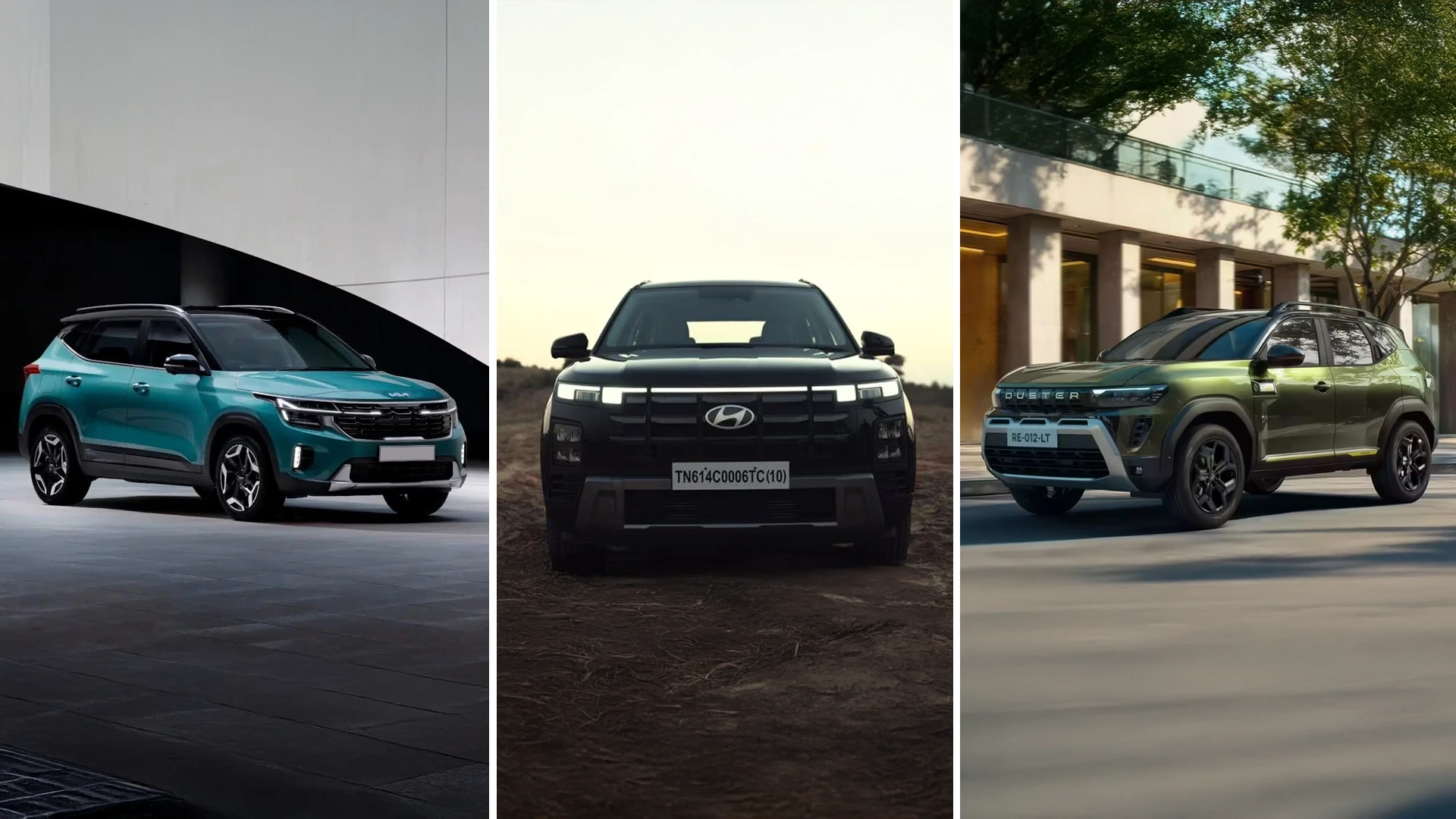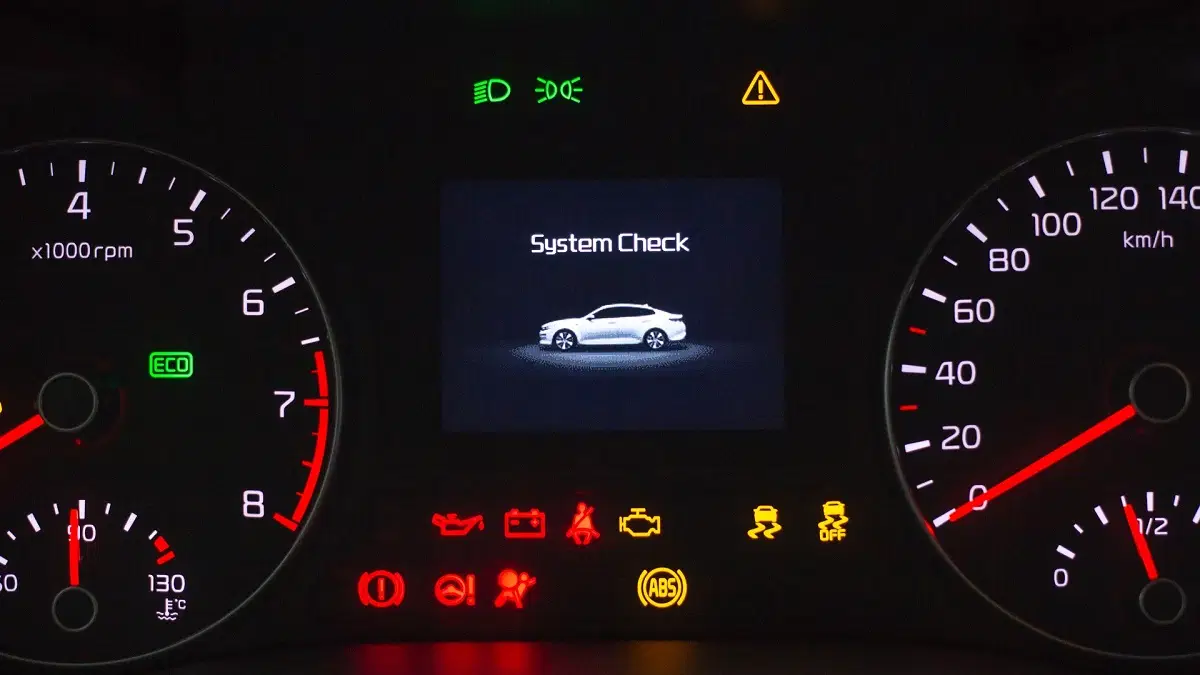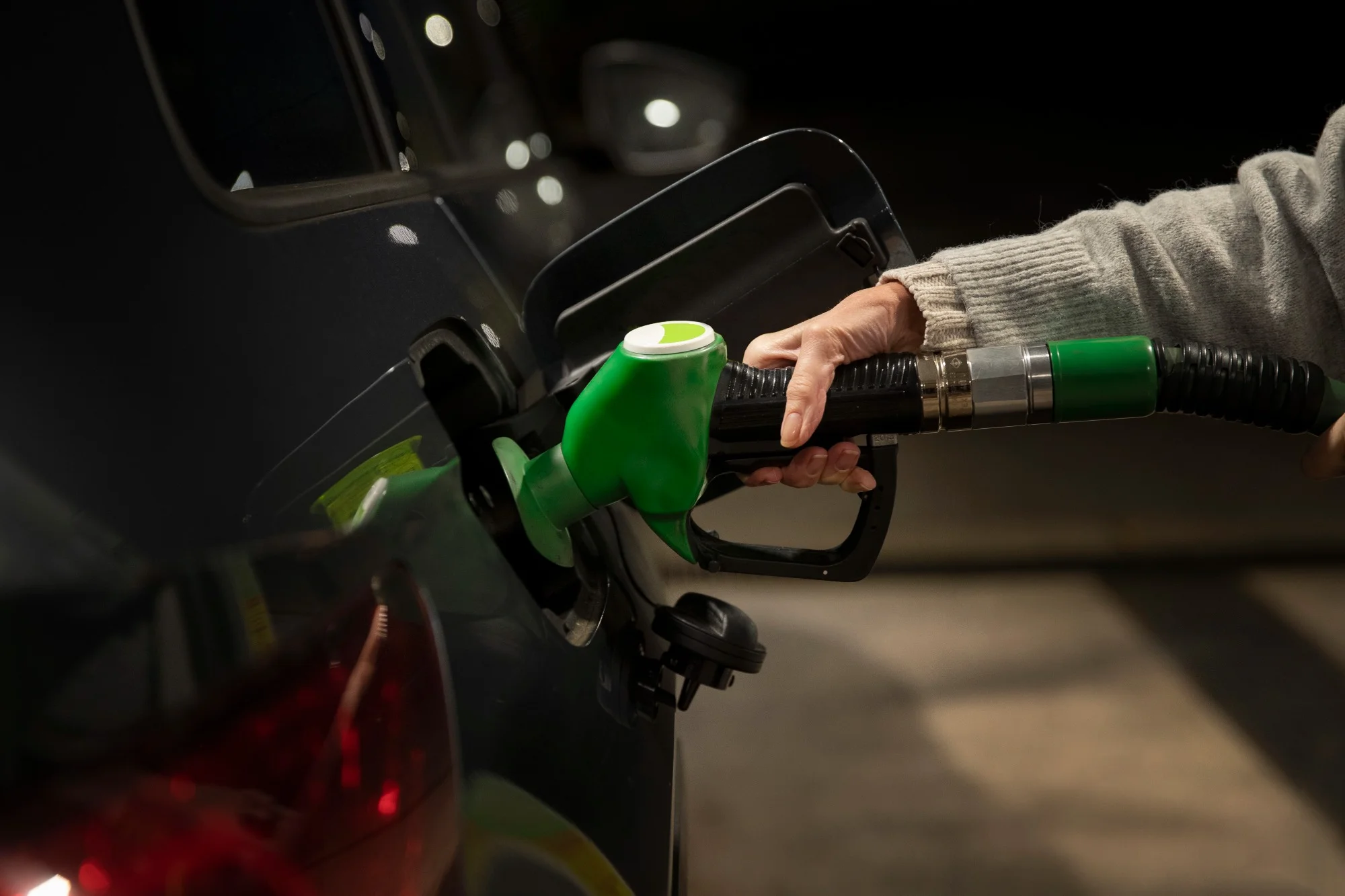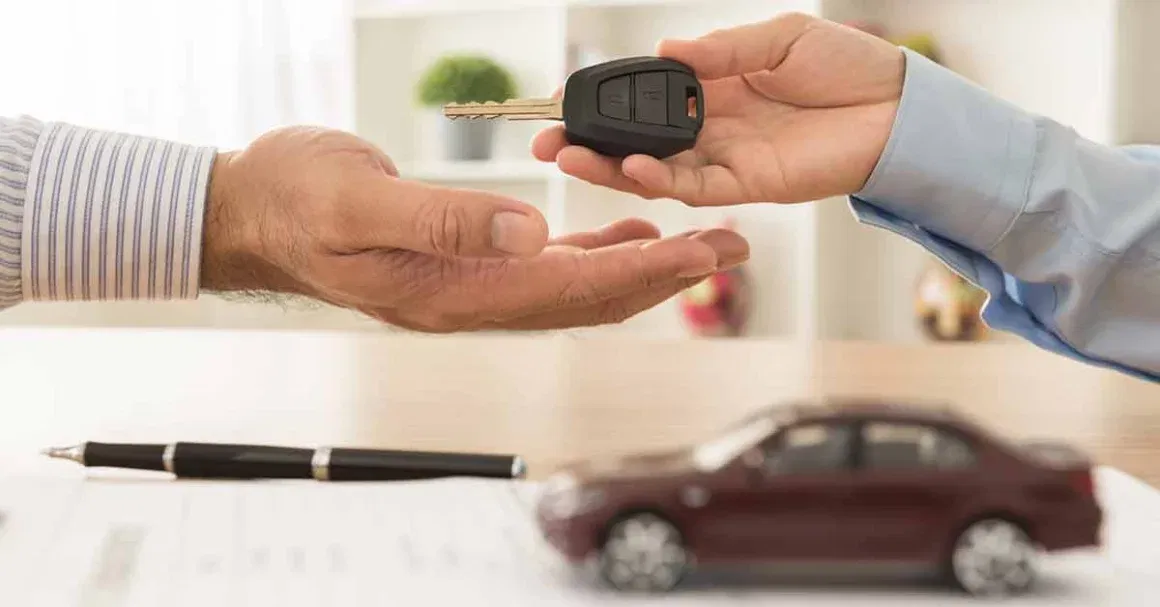
Table of Content
▼Owning a car has gone from a luxury to a necessity. The rapid growth of the automotive industry over the past decade has led to a sharp increase in the price of entry-level model cars. Therefore, conscientious buyers look at used cars. Purchasing a pre-owned vehicle provides numerous advantages. Read on to learn about the benefits of buying a used car and what you should remember before buying.
7 benefits of buying a used car
Buying a used car is considered a smart decision for the buyer. Here are the reasons for the same:
1. Multiple financing options
When you buy a used car, you have many financing options, such as a used car loan, which makes it much easier to afford. A used car loan can help you save a lot of money and give you the joy of buying a new car.
2. Budget friendly
Purchase your preferred vehicle for a price lower than that of a brand new car! In other words, enjoy driving a new car that offers all the features of a well-made model.
3. One-time insurance payment
After the money you save by purchasing a used car, you can put more money toward your car insurance premiums. This will help you reduce the hassle of high-interest insurance payments each month.
Also Read: The Ultimate Guide to Maximising Car Insurance Benefits
4. Purchasing a pre-owned vehicle can be seen as a wise financial decision
Some vintage vehicles are excellent at maintaining their value and can quickly become highly sought after. In the future, you may have a car that you already own that could make you some money if you decide to sell it.
5. Slower price decline
The minute you drive a new car out of the store, its value begins to depreciate. However, a used car that is at least three years old depreciates in value more slowly. This way, you won't have to worry about the value of your investment declining year after year.
6. Registration fees are reasonable
Purchasing a new car entails making a payment for a registration fee. Used car registration fees are less than half of the new car registration fees. Application fees vary by state.
7. Reduce carbon footprint
Building new cars creates a lot of waste, makes work harder and increases carbon footprint. Purchasing a pre-owned vehicle can help lessen your environmental impact.
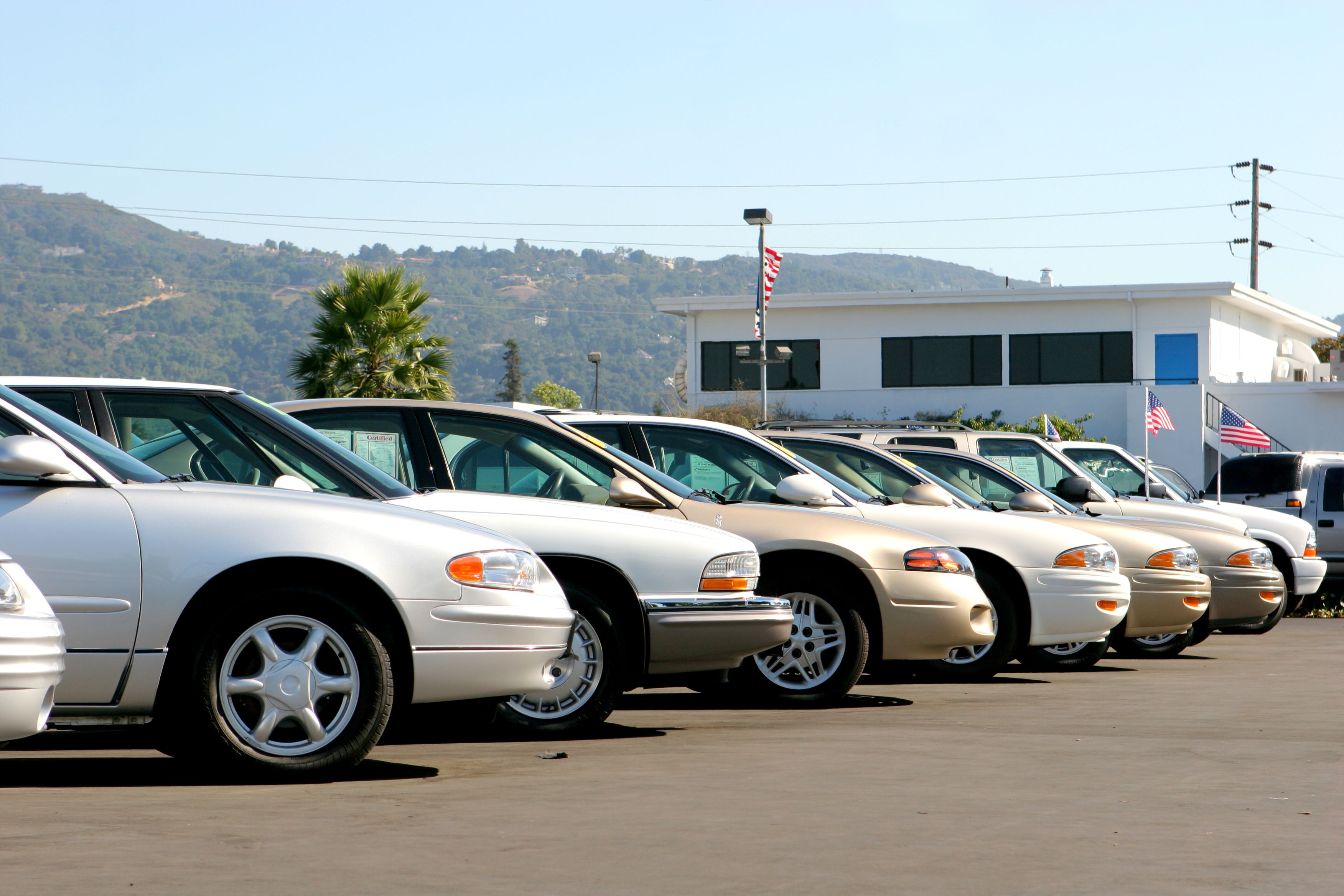
Things to keep in mind when purchasing a pre-owned vehicle
There are several important factors to consider before choosing a car to buy:
1. Do your research
Check every aspect of the used car, from the condition of the car to the paperwork. It is important for you to know how the car has been used, if it meets your expectations, and if the documentation is correct.
2. Get a vehicle history report
Ask your dealer or dealer for a vehicle history and maintenance report. This will help you determine how the car has been maintained, whether there has been an accident or whether there are any legal actions against it. Vehicle maintenance report helps you understand your maintenance records.
3. Inspect the car
Before buying a used car, it is important to see how it works. Check if the car engine is working properly or if there is any problem in any of the car components.
Used car loan with hassle-free experience
A used car loan is designed to offer some of the best benefits of purchasing a used car, such as:
- High penalty for used car financing.
- Flexible loan repayment period comfortably.
- Available at a reasonable interest rate.
- Easy to Apply Follow five steps to submit your loan application online.
- Minimal documentation required, fast processing and quick approvals.
- There are no additional or hidden fees and the processing fee is as little as 1%.
- You can easily manage your loan with a custom car loan EMI calculator.
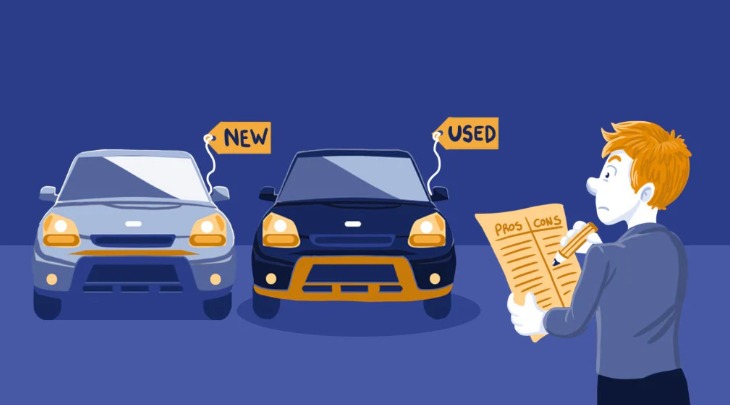
Conclusion
Investing in a well-maintained used car will show you the value of buying a used car. You can get cheaper cars, lower insurance and registration costs, reduce your carbon footprint and more!
FAQs
Q: What are the benefits of buying a second-hand car?
A: Benefits include lower purchase cost, reduced depreciation, lower insurance premiums, and the ability to afford a higher-end model for less money.
Q: How does depreciation work with second-hand cars?
A: New cars depreciate quickly, losing a significant portion of their value in the first few years. Second-hand cars have already undergone most of this depreciation, so their value decreases more slowly over time.
Q: Are second-hand cars reliable?
A: Yes, many second-hand cars are reliable, especially if they are purchased from reputable dealers and have a clear maintenance history. Certified pre-owned programs also offer added peace of mind with warranties and inspections.
Q: Can I get financing for a second-hand car?
A: Yes, many banks and financial institutions offer loans for second-hand cars. The interest rates may be slightly higher compared to new car loans, but financing options are widely available.
Q: How can I ensure I'm getting a good deal on a second-hand car?
A: Research the car's market value, get a vehicle history report, have the car inspected by a mechanic, and buy from a reputable seller. Negotiating the price and checking for any hidden fees can also help ensure a good deal.
Also Read: New Car Vs Used Car: Factors to Consider While Buying
Karan Bhatia
Karan Bhatia is an automobile expert and reviewer with 8+ years of experience test-driving cars, bikes, and EVs. He provides honest, detailed, and practical reviews that highlight performance, design, safety, and value for money. His expert insights help readers make confident choices when buying their next vehicle.
_1770372474.webp)
